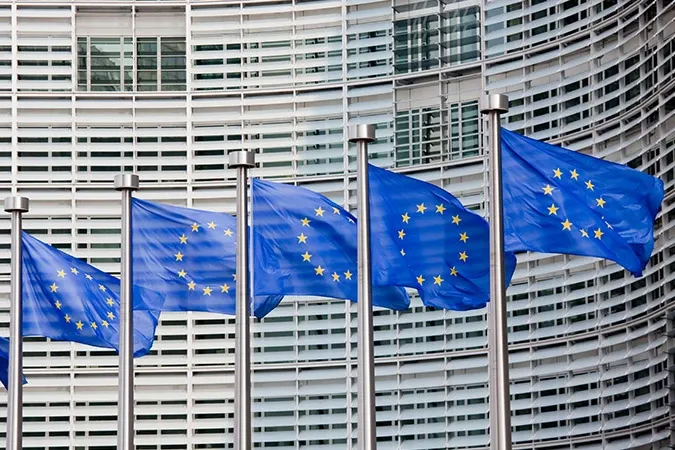HT and Fina Sign Strategic Partnership
Hrvatski Telekom and the Croatian Financial Agency (Fina) have entered into a strategic partnership to digitalize financial processes.

Irish Finance Minister Michael Noonan will take his fight over Apple’s record 13 billion-euro tax bill to a European Union court, potentially triggering years of litigation, according to Bloomberg. The nation will file its appeal against the European Commission’s decision to force Ireland to claw back alleged tax subsidies, in a case that will test the EU’s powers to use state aid law in what governments argue are national affairs.
The challenge at the EU General Court in Luxembourg will join a handful of pending appeals by other EU nations and companies that received similar decisions in the past year, targeting tax rulings regulators deemed to be unfair. The EU’s Apple decision was the biggest ever state-aid payback demand. “The government fundamentally disagrees with the European Commission’s analysis and the decision left the government no choice but to take an appeal to the European courts, and this will be submitted tomorrow,“ Noonan said at the European Parliament in Brussels Tuesday.
The Apple decision, which followed a three-year probe, is part of a wider EU campaign against corporate tax avoidance. The Aug. 30 decision in the Apple case attracted strong reactions from the U.S. Treasury Department, which has criticized the Brussels-based watchdog’s state aid probes because they “threaten to undermine foreign investment, the business climate in Europe, and the important spirit of economic partnership between the U.S. and the EU.“
Commission spokesman Ricardo Cardoso pointed to earlier comments by EU Competition Commissioner Margrethe Vestager saying that the case was structured “in a way that it’ll be upheld“ in court. “That’s why it sometimes takes a long time to finish these investigations.“ Apple didn’t immediately respond to a request for comment. Apple has also vowed to fight the decision in the EU courts. The appeals will follow those already pending by Luxembourg, the Netherlands and Belgium concerning tax arrangements the nations granted to units of other multinationals.
The appeals are expected to take several years, not only because of the EU court’s heavy workload, but also due to the cases’ complexity. Any ruling can be challenged one last time at the EU’s top court, which will add at least another two years to the process. Vestager has said that while the vast majority of tax rulings they are analyzing “don’t give us any concern at all,“ their investigations “show that tax rulings are also sometimes used in other ways: to grant individual companies a benefit that’s not available to others.“